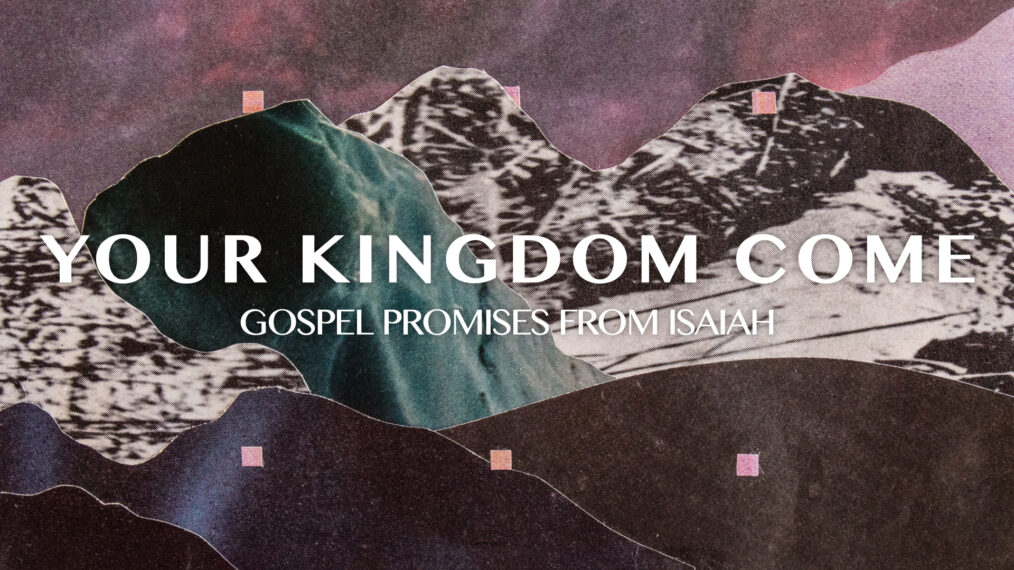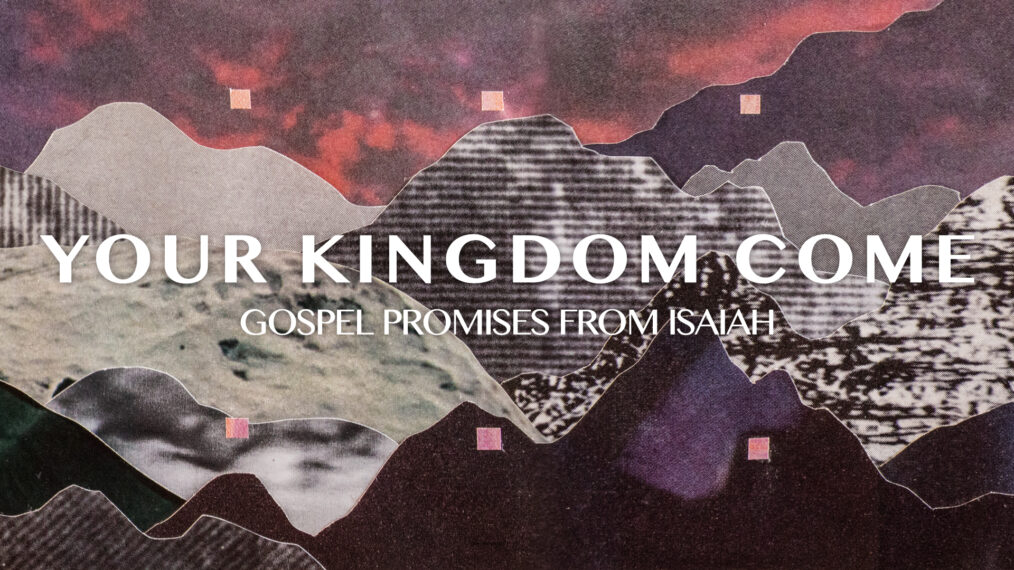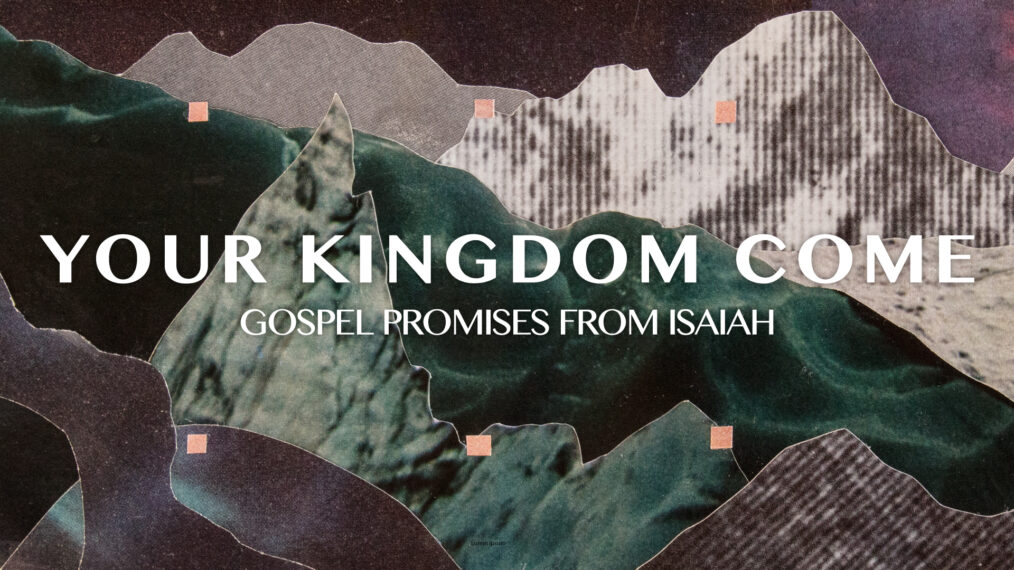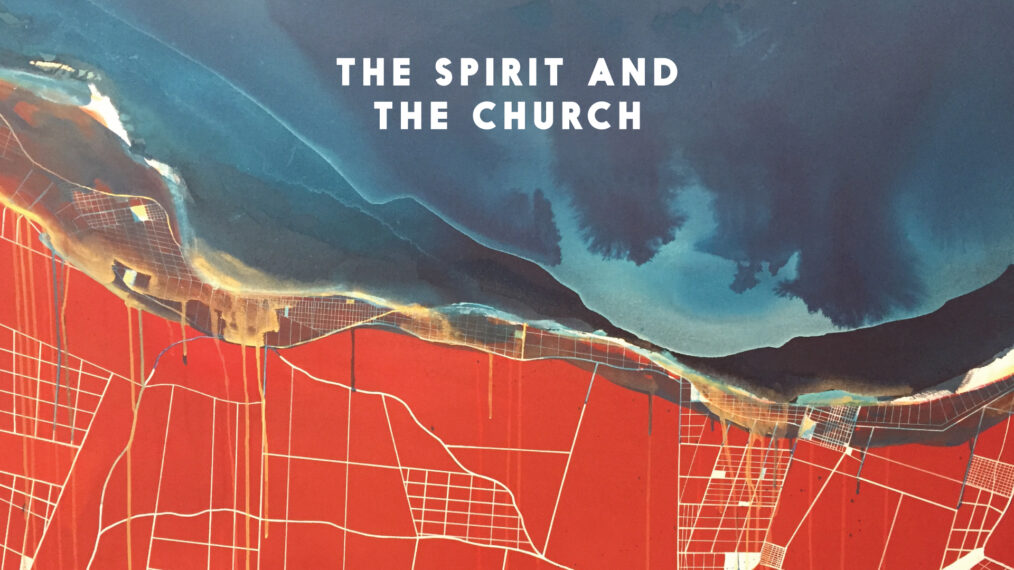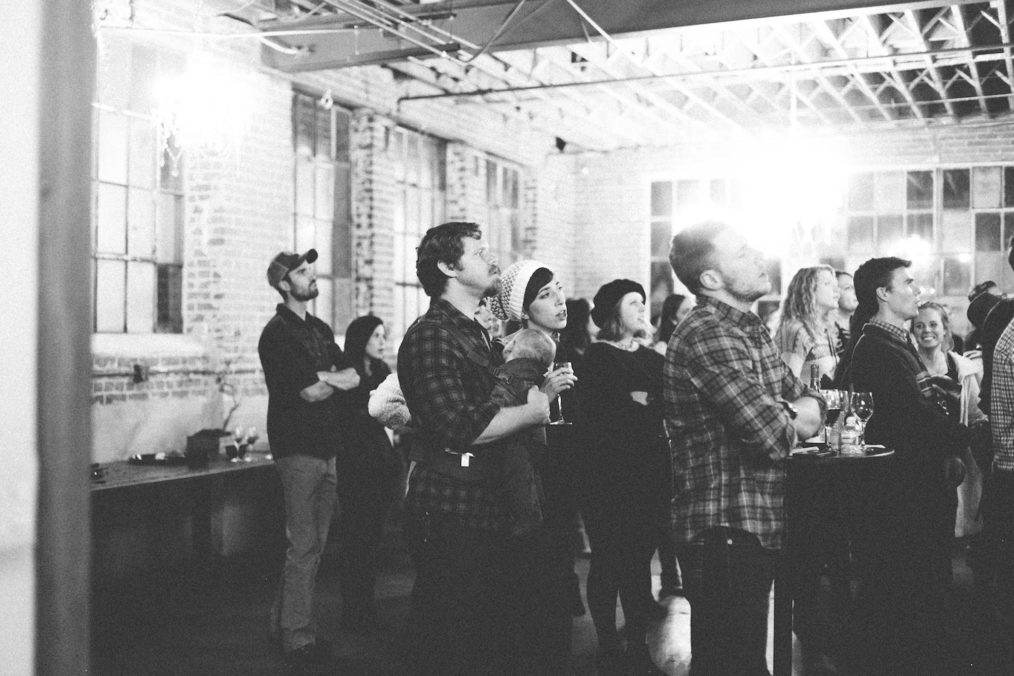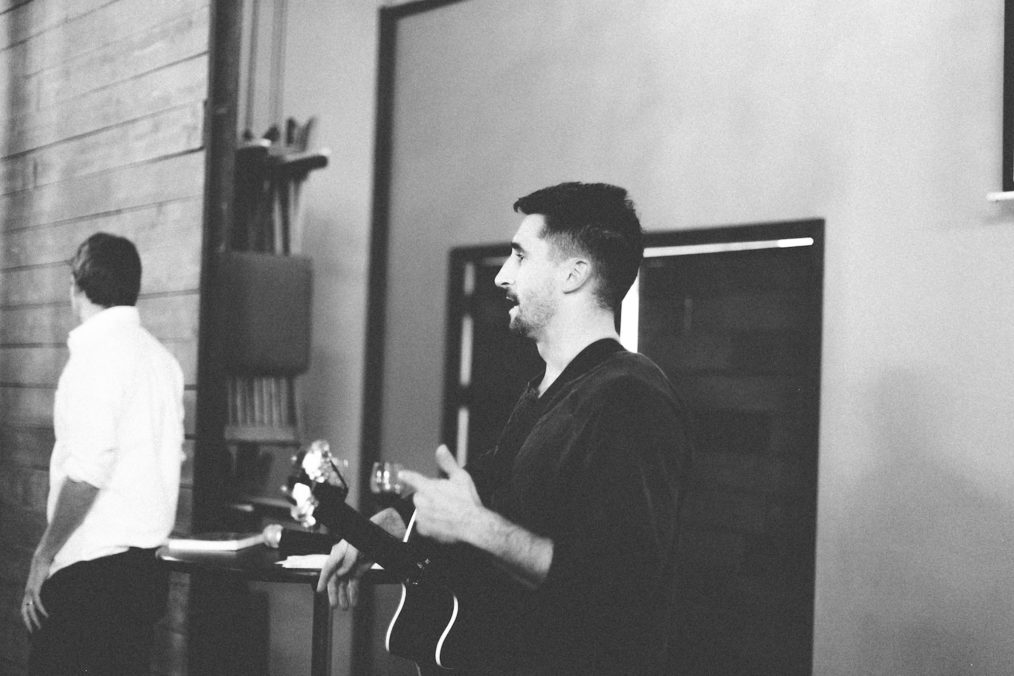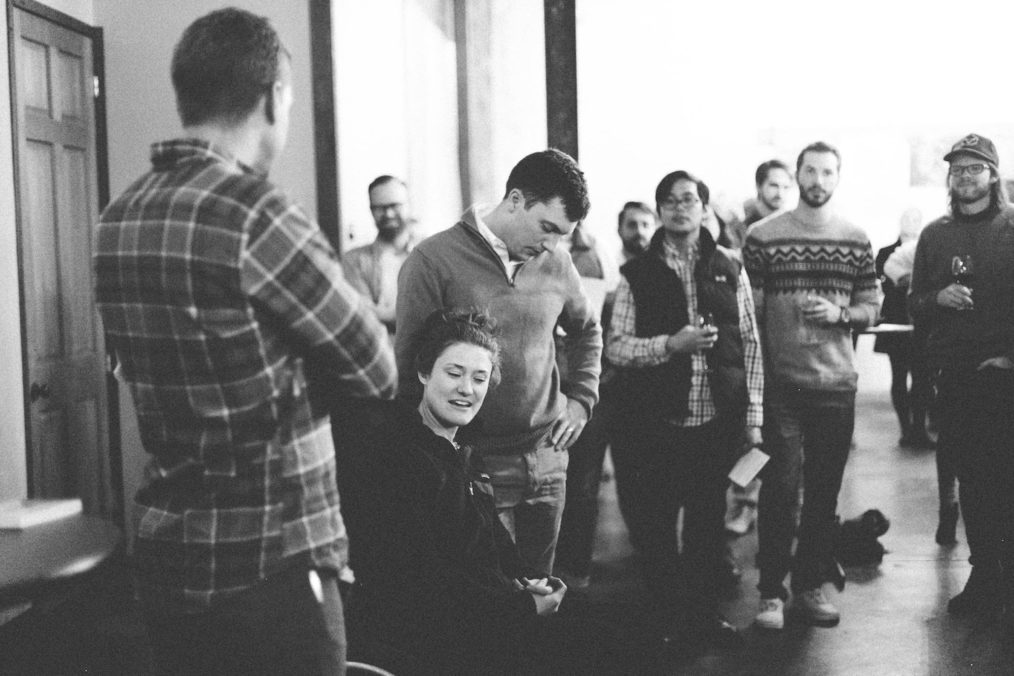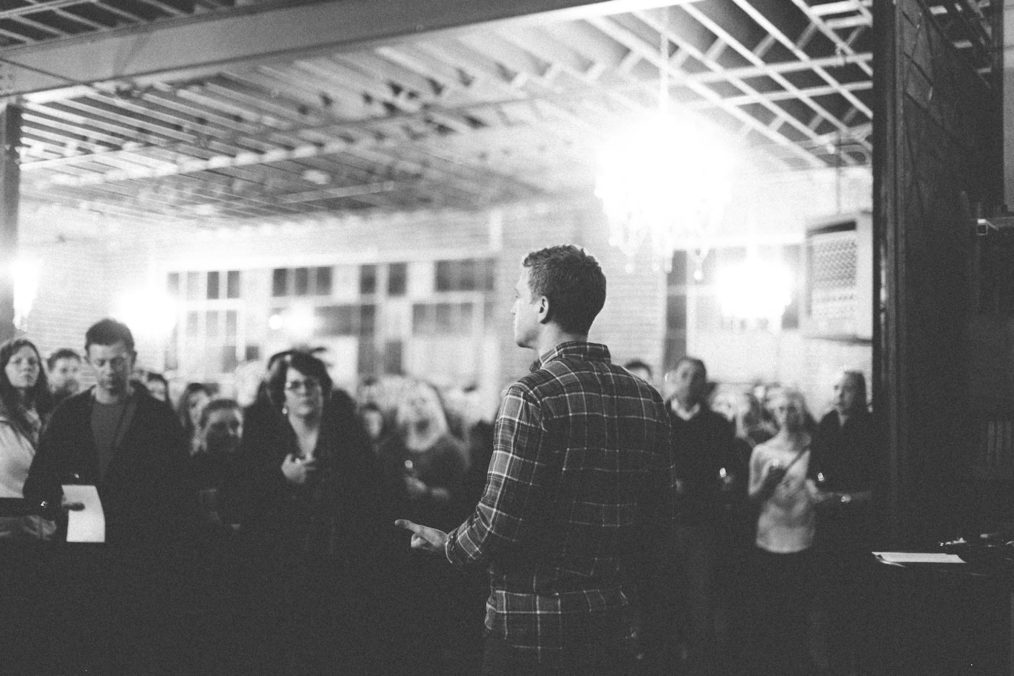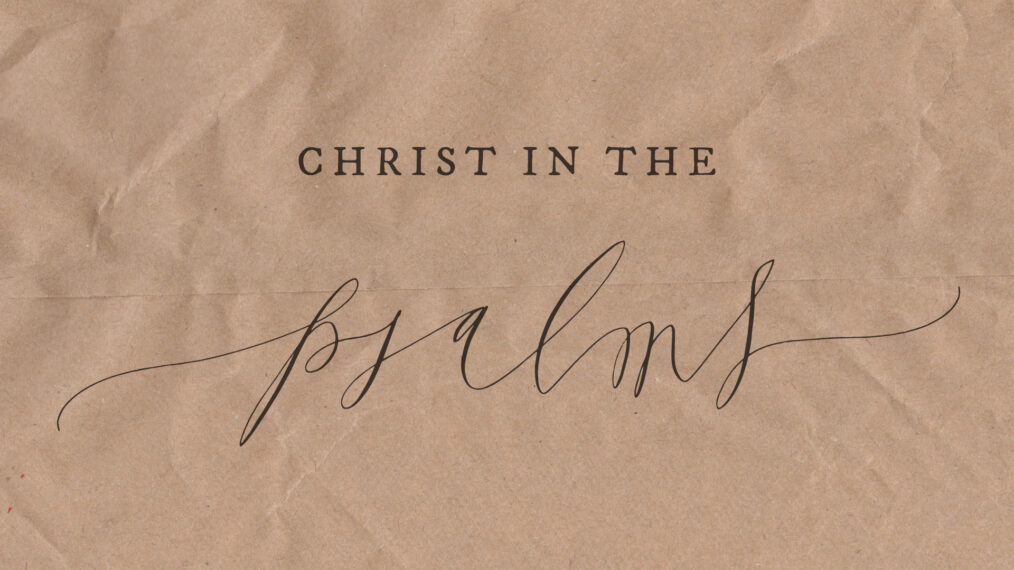Pray then like this:
“Our Father in heaven,
hallowed be your name.
Your kingdom come,
your will be done,
on earth as it is in heaven.
Give us this day our daily bread,
and forgive us our debts,
as we also have forgiven our debtors.
And lead us not into temptation,
but deliver us from evil.
The Prayer has six petitions: the first three pray for the furtherance of God and His work—His holiness, His will, His kingdom; the matching triad is oriented around human needs—food, forgiveness, deliverance. The pair of triads is connected by the phrase, “on earth as it is in heaven,” which is to say that prayer has its source in heaven, the home country, so to speak, of God, but the action takes place on earth—our home country. Prayer that is not firmly grounded “on earth” is not prayer as our Lord taught us to pray.
We are going to look at each petition and then in turn take time to pray through it, closing our time in prayer.Petition #4: Give us this day our daily bread
As our Creator and our Father, we are instructed to ask God to provide for us our daily bread. Up to this point, every request has been God-centered (note the use of the word “your” in all the prior petitions) and now we become honest about our own needs. We can often fall in an “either/or” ditch in prayer: we can either only focus on praising God and asking nothing from Him because we feel guilty about that. We tell ourselves, “He already knows what I need before I ask, so I won’t ask.” There’s a ditch on the other side which treats God like a cosmic vending machine. We only come to Him when we want something. He becomes our Genie in a bottle instead of our heavenly Father. Jesus rejects this false dichotomy by teaching us to adore and ask; to praise and petition. In this petition we learn that He knows He’s made us with real human needs and we are to come to Him in our need to ask Him to provide for our basic needs.
Where do you need God to provide today? Physically? Spiritually? Emotionally? Are there others we need to pray for?Petition #5: Forgive us our debts, as we also have forgiven our debtors
Jesus reminds us here that part of our relationship with God as Christians will continue to be coming before Him in confession and repentance. Confession isn’t a “one and done” act when you initially come to faith. Rather, it is to be an intimate and repeated practice of being honest before God about all the ways you wander from Him (both things you’ve done and things you’ve left undone). The aim of this prayer for forgiveness is not to seek the judicial forgiveness which you already received from God when you first came to Him in faith, but rather relational forgiveness. What is at stake in this prayer is not union with God, but rather communion with Him. The amazing thing is that we’re promised in 1 John 1:9 that if we confess our sins, He (God) is faithful and just to forgive us our sins and to cleanse us from all unrighteousness.
Not only are we to ask for forgiveness from God, but we are to image and imitate Him in how we forgive others! Unforgiveness and Christianity are incompatible because forgiveness lies at the heart of our relationship with God and must manifest itself in our relationship with others too.
Where do you need to ask God forgiveness today? Be specific. Where do you need to forgive others today?Petition #6: Lead us not into temptation, but deliver us from evil
It’s so easy to forget this powerful reality: there is a war happening right now as we speak. It’s a spiritual war where there is real good and real evil at work all around us! The Bible likens Satan to a prowling lion (1 Peter 5:8), a schemer (Ephesians 6:10), who is both a murderer and a father of lies (John 8:44). His aim is tempt us and ultimately destroy us. Jesus teaches us to call out to our Father of lights to protect us from this father of lies. We are to ask Him to take every situation in our lives, both pleasant or unpleasant, and use it for His glory! Satan wants to take that exact situation and use it to tempt us to forget God or even curse Him. God wants to use it to shape us to love Him more and look more like Him.
Where do you most naturally find yourself tempted by Satan? Which are the top three areas you are most prone to wander in? Where are you currently being tempted? Where do you need deliverance? What about those around you? Take the next few minutes to cry out for deliverance both for yourself and others.Resources
“Look At The Book: Part 2: Deliver Us From Evil” (John Piper)“The Lord And His Prayer” (NT Wright)

